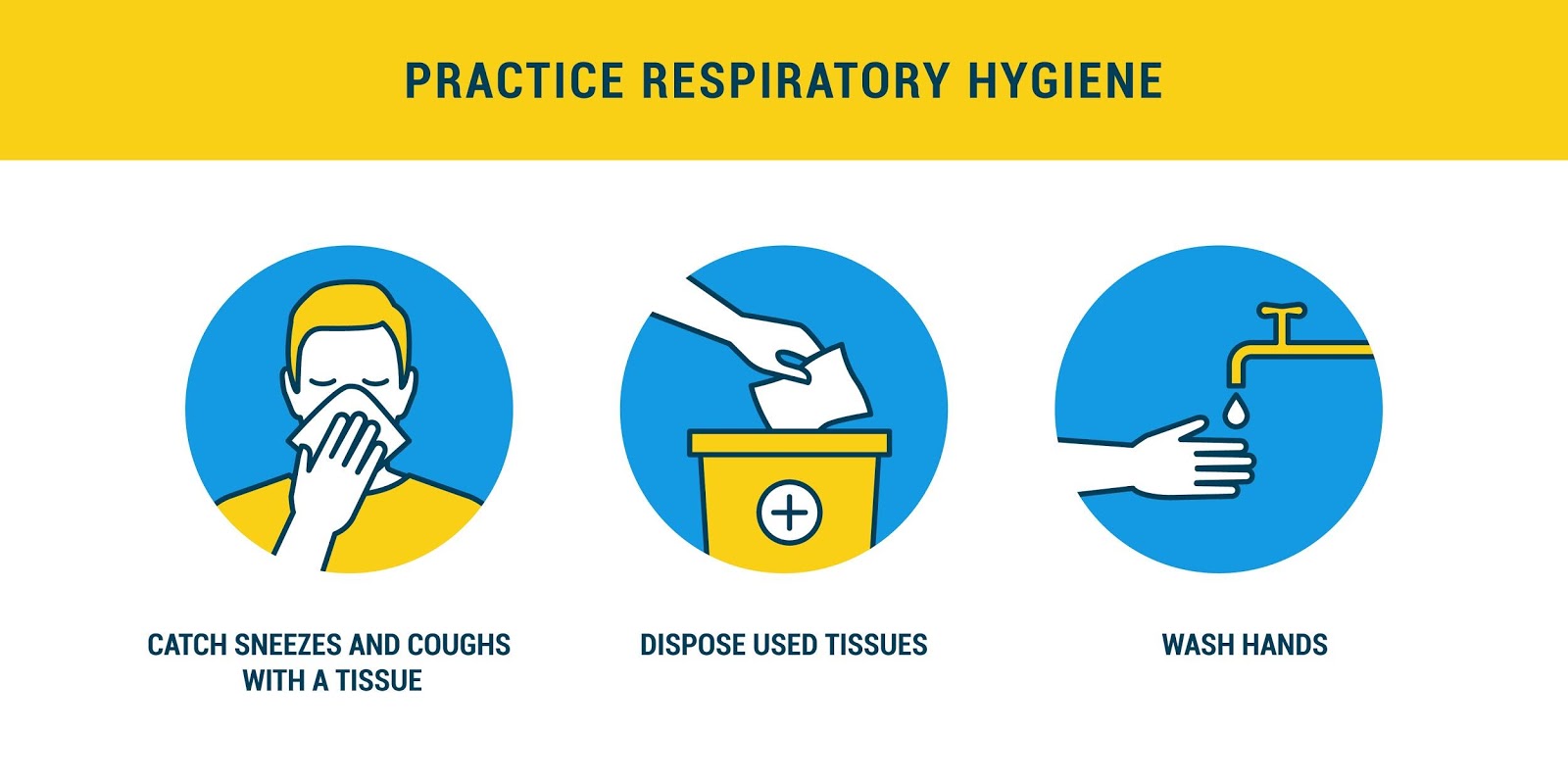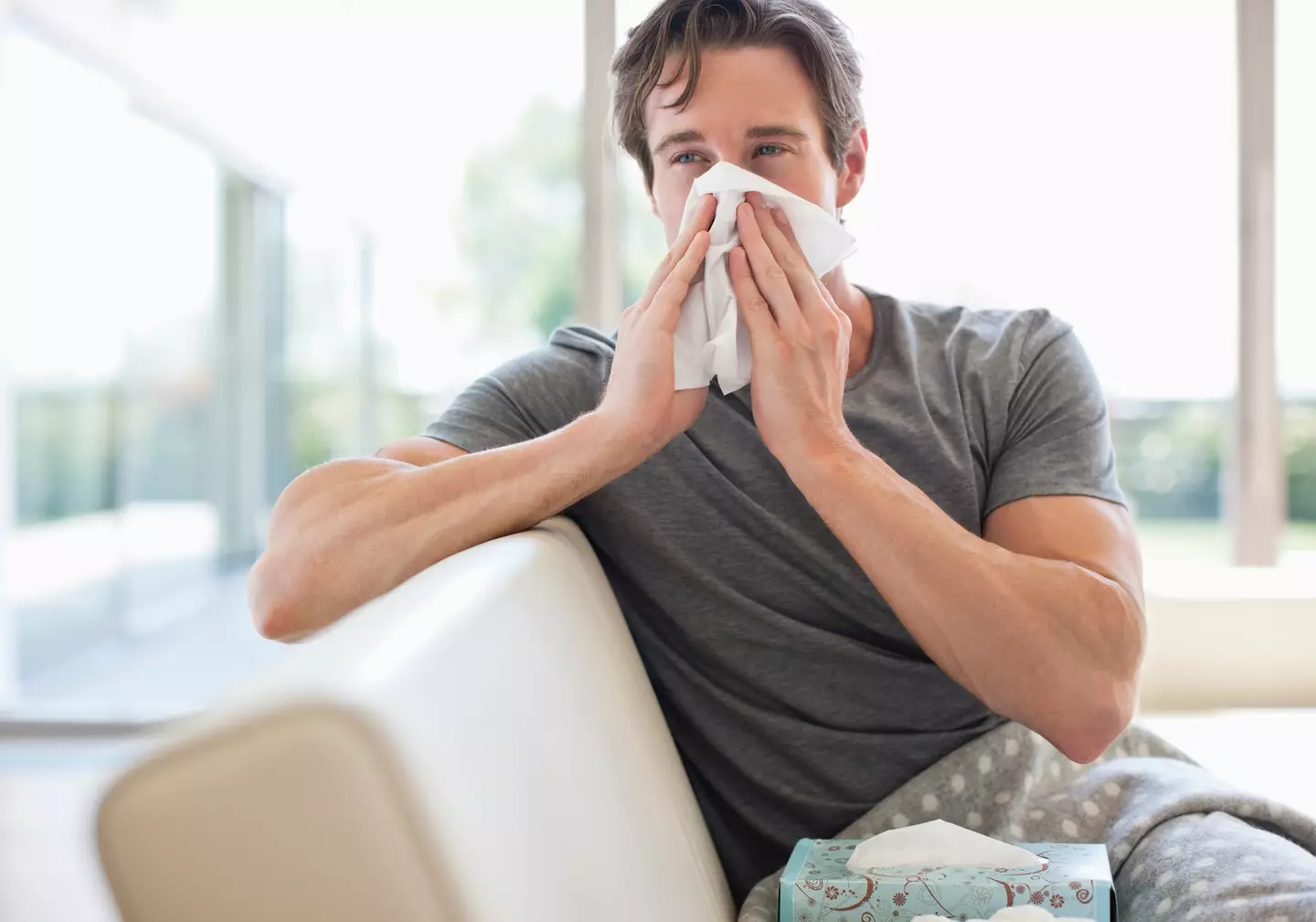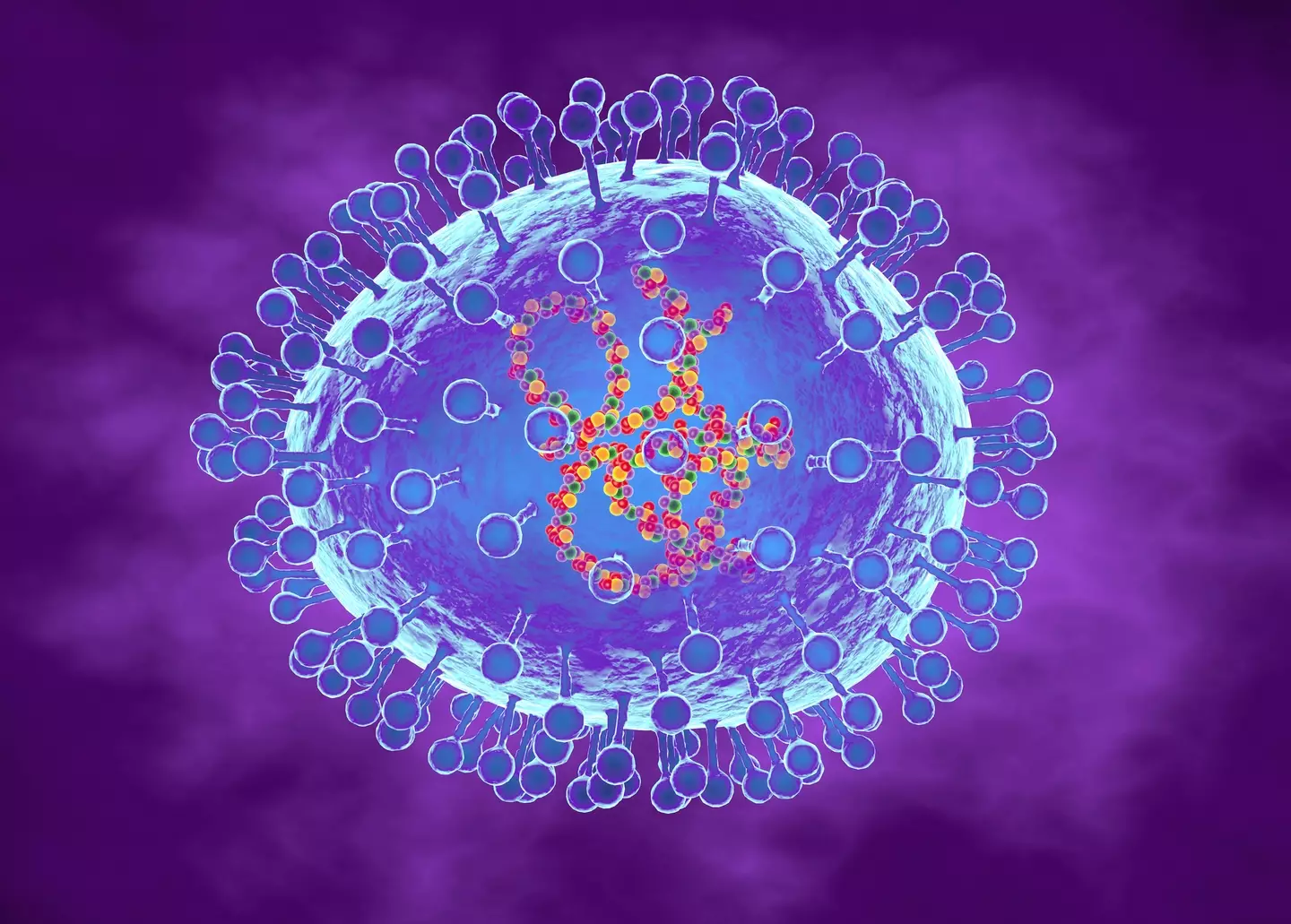
Brits are being urged to be wary as the number of human metapneumovirus (HMPV) cases continue to rise across the world, including in the UK.
The spike in infections, particularly in China, has left a lot of people worrying that we might be in for another pandemic – but that isn’t the case.
The good news is, this illness has actually been around for decades and it doesn’t pose the same global-threat as Covid-19, so we’re in the clear in that respect.

Cases of HMPV continue to rise across the world (Getty Stock Image)
Virologist Dr Andrew Catchpole explained why experts don’t reckon that HMPV has ‘pandemic potential’.
The Chief Scientific Officer at hVIVO told The Vaccine Alliance: “Whilst HMPV does mutate and change over time with new strains emerging, it is not a virus that we consider to have pandemic potential.
“This is because the changes in HMPV are gradual and based on previously circulating strains.
“Pandemics occur when a totally new virus enters the human population, like for Covid-19 when a totally new variant of the virus enters the human population by combination of a human and animal version of the virus.”
Explaining this is known as an ‘animal reservoir’, Dr Catchpole added: “There is no such animal reservoir of related viruses known for HMPV.”
Phew – so we’re not doomed to another 12 months of social distancing and face masks.

HMPV cases are on the rise across the world (Getty Stock Image)
But still, medics in the UK want to nip it in the bud before it wreaks any more havoc – so we all need to do our bit to stop HMPV spreading and reduce the strain on the NHS.
Dr Conall Watson, a consultant epidemiologist at the UK Health Security Agency (UKHSA), encouraged people to avoid socialising if they notice any symptoms of the virus.
HMPV – which can often be mistaken for the common cold or flu – spreads via human contact and touching objects or surfaces which have been contaminated.
It is a seasonal virus, similar to RSV, which pops back up during the winter months each year and unfortunately, there is no specific treatment for it.
Although most of us will be fine after a few days or so, it can be severe for people who have lung conditions, immune compromised, are elderly or are children.
It can also develop into pneumonia and even exacerbate asthma and chronic obstructive pulmonary disease (COPD), as per The Telegraph.
Symptoms are similar to those of a cold or flu and include a cough, fever, sore throat, runny nose, body aches and a headache.
But if you experience wheezing, difficulty breathing, chest pain, dizziness, severe fatigue, dehydration, or a persistent fever that does not improve, you should get checked out.

Experts have urged people to avoid socialising if they start showing symptoms (Getty Stock Image)
“HMPV is a common respiratory infection in winter, and we typically see activity reaching a peak at this time of year,” Dr Watson previously told Sky News.
“Most people have had HMPV by the time they are five years old and catch it again throughout their lives. Infections are usually mild, causing symptoms of a common cold.”
The latest figures from the UKHSA – from the period between 23 and 29 December – show a slight uptick in HMPV cases in the UK, but the expert said it isn’t anything to panic about.
“Our surveillance systems in GP surgeries and hospitals indicate that levels are in line with what we would expect to see,” Dr Watson continued.
“As with all respiratory viruses, you can help reduce infections being passed on through regular hand washing and catching coughs and sneezes in tissues and throwing them away.
“If you have symptoms such as a high temperature, cough and feeling tired and achy, try to limit your contact with others, especially those who are vulnerable.
“There are many viruses in circulation at the moment, including flu – if you have symptoms of a respiratory illness and you need to go out, our advice continues to be that you should consider wearing a face mask.”
The latest data suggests that in England, 4.5 percent of people who visited their GP with respiratory issues tested positive for HMPV, according to Surrey Live.
There’s been a bigger spike in cases in children under five, with 7.2 percent of patients testing positive.